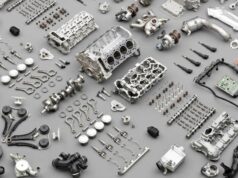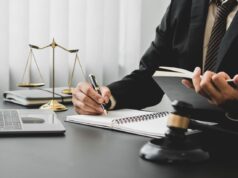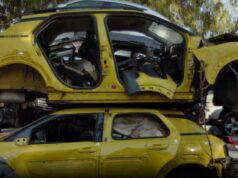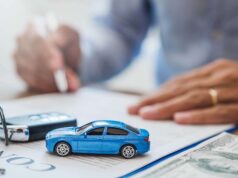
While the priority of an individual amidst a disorienting car accident must be seeking medical help, it’s also crucial to gather as much evidence as possible to support your car accident claim. Properly documented evidence can significantly strengthen your case, ensuring you receive the compensation you deserve.
In this article, we’ll delve into the importance of documenting evidence in a car accident claim and discuss the types of evidence that can make a difference. Get legal advice today, if you have experienced a car accident and are overwhelmed by its repercussions.
Why Documenting Evidence is Vital?

Properly documenting evidence is an essential step in the process of filing a car accident claim, as it can greatly influence the outcome of the claim and ensure that justice is served. Below are a few ways in which documenting evidence during a car accident can help you-
Establishing Liability
Documenting evidence is essential for determining who was at fault in the accident. Gathering photos of the accident scene, vehicle positions, skid marks, and traffic signs can help recreate the sequence of events leading up to the collision. Additionally, eyewitness accounts and statements from those involved can provide valuable insight into how the accident occurred and who may be responsible.
Proving Damages
Accurate documentation of damages is vital for calculating the compensation you deserve. Take photographs of all vehicles involved, highlighting the extent of the damage. Document injuries with photographs, medical reports, and doctor’s notes to establish a clear link between the accident and your injuries.
Medical Records and Expenses
Retain copies of medical bills, prescriptions, and treatment records related to the accident. These documents help demonstrate the medical care you’ve received and the financial impact of your injuries.
Supporting Injury Claims
Injuries sustained during a car accident can range from minor bruises to severe, life-altering conditions. Properly documenting injuries is imperative for building a strong case for compensation. This involves seeking immediate medical attention and keeping all medical records related to the accident. Photographs of visible injuries, such as cuts, bruises, or burns, can serve as visual evidence of the harm caused.
Witness Statements
Collect the contact information of the witnesses who saw the accident happen. Their statements can provide an unbiased account of the events, corroborating your version of the story.
Assessing Property Damage
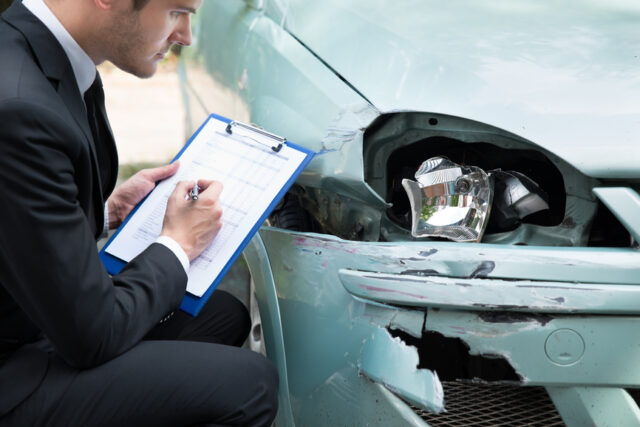
Aside from bodily injuries, car accidents can lead to substantial property damage. Documenting the extent of damage to vehicles involved is crucial for an accurate assessment of repair costs. Insurance adjusters and legal representatives rely on photographic evidence of the damage to determine the scope of repairs needed. This evidence helps establish the economic impact of the accident and aids in calculating compensation for repairs or vehicle replacement.
Police Reports
Do not forget to get a copy of the police report filed. These reports typically include important details such as weather conditions, road conditions, statements from involved parties, and the officer’s assessment of fault.
Establishing Loss of Income
For many individuals, car accidents can result in missed workdays, reduced working capacity, or even permanent disability. Documenting evidence of lost income and potential future income loss is crucial for seeking appropriate compensation. This can include pay stubs, work records, and statements from employers verifying missed workdays or reduced working capacity due to injuries.
Insurance Information
Exchange insurance information with the other driver(s) involved in the accident. Document their policy details, contact information, and the insurance company’s information. This is crucial for communicating with insurers and pursuing compensation.
Strengthening Negotiations
Insurance companies often engage in negotiations to settle car accident claims. Having well-documented evidence gives claimants a stronger negotiating position. When evidence clearly supports the claimant’s version of events, the insurance company is more likely to offer a fair settlement, rather than engaging in prolonged legal battles.
How To Document Evidence Carefully?
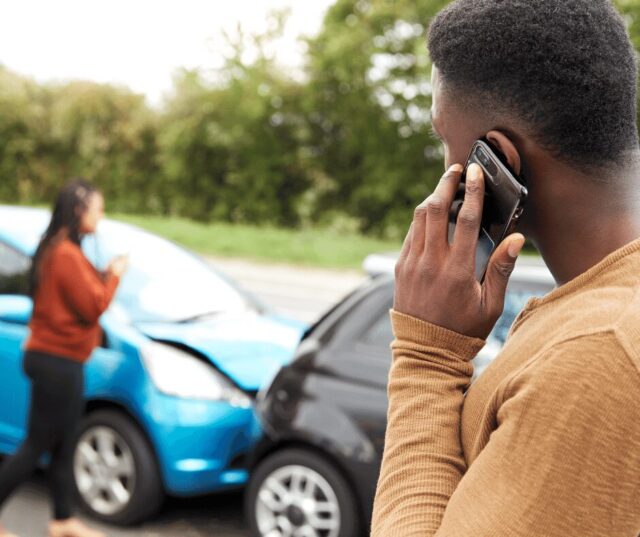
It’s crucial to gather as much evidence as possible to support your case, especially if you plan to file a car accident claim. Below are a few tips that can help you document evidence carefully and to your benefit-
- Use your phone or a camera to take clear photographs of the accident scene from various angles. Capture the position of the vehicles, any visible damage, skid marks, road conditions, weather conditions, traffic signs, and signals. These images will help recreate the accident later.
- Exchange contact, insurance, and vehicle information with the other drivers. Be sure to gather names, phone numbers, addresses, insurance policy numbers, driver’s license numbers, and license plate numbers. Also, note the make, model, and color of the vehicles involved.
- Take clear and close-up photos of the damage to the vehicles involved. Ensure the images are clear and capture any dents, scratches, and broken parts. This evidence will be important for assessing property damage and liability.
- If there are any witnesses to the accident, ask for their contact information and a brief statement about what they saw. Their accounts can provide an objective perspective and corroborate your version of events.
- Keep records of all correspondence related to the accident, including emails, text messages, and letters. This could include communication with the other driver, witnesses, insurance companies, and medical professionals.
- Once the police report is available, obtain a copy. Review it to ensure its accuracy. If you notice any discrepancies, inform the police immediately.
- Maintain all physical evidence, including damaged items, clothing, and personal belongings, as they might serve as evidence. Don’t repair your vehicle until you’ve documented it thoroughly and received instructions from your insurance company.
- If you’re considering filing a car accident claim, consult with a personal injury attorney. They can guide you through the legal process, help you understand your rights, and advise you on the best course of action based on your situation.
Key Takeaways
Documenting evidence in a car accident is a proactive approach to securing fair compensation in a car accident claim. The quality and quantity of your evidence can make a significant difference in the outcome of your case.
With enough evidence, you can establish liability, prove damages, and negotiate effectively with insurance companies. Seek legal help to document, preserve and use evidence in the best way and get maximum compensation for your losses.


